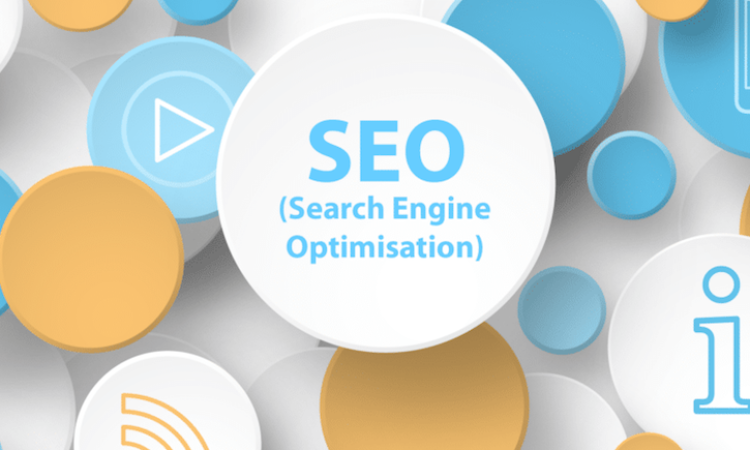In case you don’t already know this fact, there are two categories of a Search Engine Optimization strategy:
- On-page SEO – what your site is about
- Off-page SEO – the popularity and authoritative nature of your site
The previously mentioned SEO perform completely different roles in improving search engine optimisation rankings, though both of them are very important in ensuring success of an SEO campaign. It’s important to understand how Search Engine Algorithms work, as there are two main areas that the search engines concentrate on while carrying out evaluation on your site. With respect to search engine results, on-page factors determine “what” you rank for while the off-page determines “how” high you rank.
On-page SEO
The act of optimizing different parts of a website, which in one way or the other influences the search engine rankings, is referred to as on-page search engine optimization.
The various Parts include the following;
Title Tags
It is important to place target keywords in the title page specifically on your site. They should be concise and accurate.
Headings (H1)
Search engines put a lot of weight to headings compared to other page copy because of the fact that they comprise of the largest words on the page. Your target keywords should be worked on into the headings of individual web page ensuring that the page content is accurately reflected.
The Structure of the URL
It is advisable to include keywords into your URLs.
Alt text for Images
Availability of the content management system makes it possible to add “alt text” to images present on the website. The average visitor to the site may not see this text clearly due to its visibility. It is therefore important to insert relevant keywords that provide correct description of the image for the search engine to comprehend the content of your page.
The Loading speed of the page
It is important to optimize your pages in order to ensure that they load faster. Why is this important? Your search will rank higher in the search results compared to other sites.
Useful Page Content
Readers should find important and specific information they are looking for on your site. The usefulness of a page is usually measured by Google so the page should be of great value to the user.
Linking Internally to other Pages
This is crucial to both search engines and page visitors.
Off-page SEO
Off-page SEO covers a wide range of strategies, but mainly concentrates on getting links from other sites in order to increase authority of a given domain. It is possible to calculate how your website score authoritatively ranks compared to other websites using Domain Authority. Your page will have a higher rank if it has many links. Build links to your website through social media, outreach emails, guest blogging and creation of great valuable content. Link building quantity is less valued compared to quality.
It is not possible to go for on-site without the off-page SEO; both work hand in hand towards the improvement of your search engine ranking. It is therefore important to balance the two for both users and search engines to understand.

